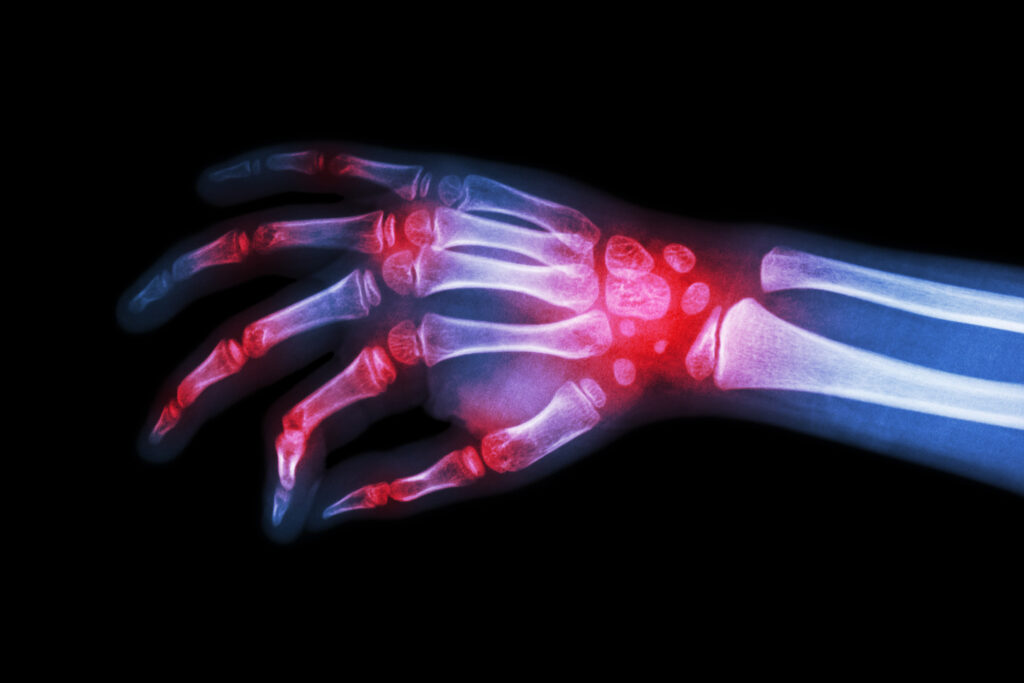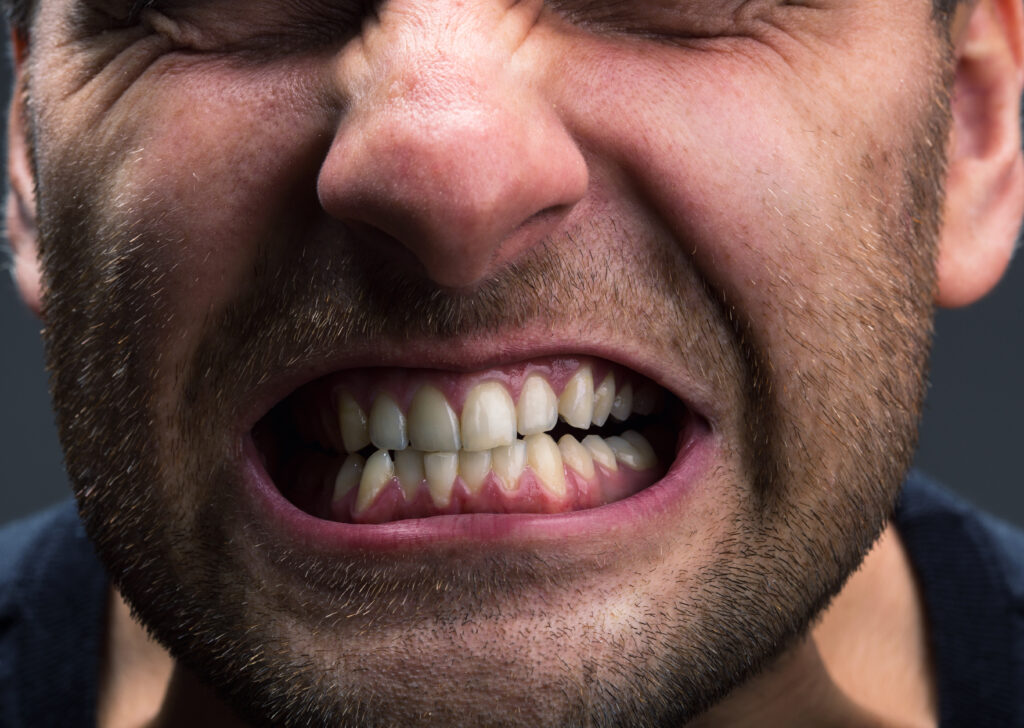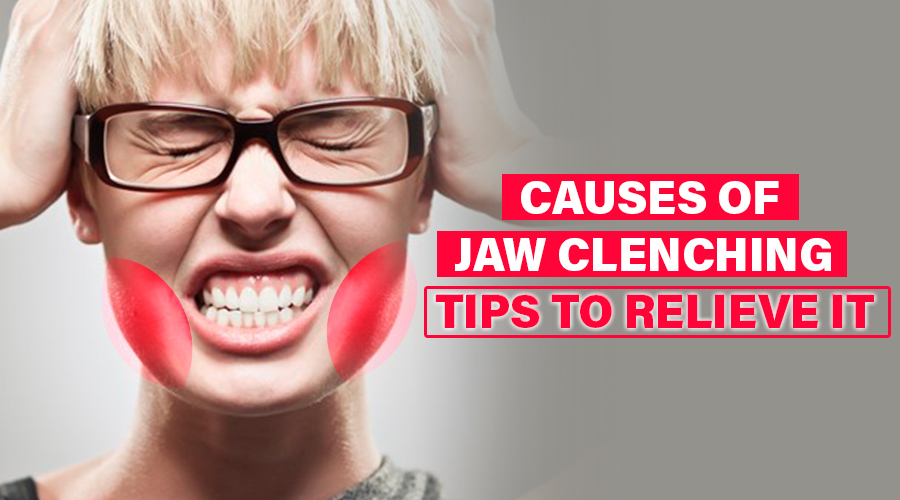Jaw clenching is usually something we do without noticing it. We often do it at night when we are sleeping or when we are very focused on something.
Although it is easy to go unnoticed, this condition should be treated to avoid future health issues. Some of the symptoms linked to jaw clenching are severe pain, inability to swallow food, struggle to open the mouth, and headaches in one side of the head or the temples only.
If you start having any of these symptoms, try to implement practices in your life that’ll benefit you to relieve the tension. And contact a San Diego dentist to properly diagnose the issue and find out the cause behind it.
6 Causes of Jaw Clenching And Tips to Relieve It

Next, we’ll list down some of the most prominent causes of jaw clenching and some advice on how what to do to mitigate the tension and pain:
1.- Anxiety or Stress

We’ve all been there. Anxiety and stress can cause the muscles to tighten up, causing people to clench their jaw or teeth.
The most worrying thing about this is that it isn’t noticeable as it often happens when concentrating on something or while sleeping. Eventually, this could lead to dental issues, such as cracks or tooth loss.
How to treat it
You can try getting better by exercising, meditating, or do some special exercises for relaxation. In the case of anxiety, you should consider psychological therapy. It’ll help you find helpful coping mechanisms for the things that trigger your anxiety.
2.- Temporomandibular Joint Disorders (TMJ)

These disorders occur when the joints that keep your skull and jawbone attached get affected and start causing discomfort or pain in the jaw joint or/and the muscles surrounding it.
You might also experience symptoms like very constant headaches, difficulty when chewing, and hearing a popping noise when you open the jaw.
How to treat it
When it comes to TMJ disorders, we can say that they will typically go away independently. It just takes a couple of months. However, there are cases in which they turn into a recurrent issue.
Most people succeed in self-treating themselves. It would help if you tried limiting jaw movement by avoiding things like chewing gum, eating hard foods, and clenching the jaw.
You may also consult with a professional for indications and personalized advice on exercises.
3.- Osteoarthritis

Osteoarthritis is a chronic condition that directly affects the joints by destroying their connective tissue.
Some symptoms include tenderness, pain, stiffness, or swelling in the joints. It could also be a result of genetics or injuries.
How to treat it
You must visit the doctor to get a proper diagnosis. You might need to get X-rays or MRI’s done. Depending on the severity of the condition, you’ll get a course of action for treatment.
You can also implement beneficial habits like exercise to keep a healthy weight, use devices that reduce pain when walking or relieve stress in the joints.
4.- Rheumatoid Arthritis (RA)

Rheumatoid arthritis is a long-term autoimmune disease that mainly affects the joints. It happens when your immune system attacks the tissues of your own body by mistake.
Some of the symptoms you may experience can be tenderness, warmth, swelling in the joints, stiffness after maintaining a specific position for a while, fever, fatigue, and appetite loss.
People who are more likely to be affected by this are usually 60 years old, women, people with specific genetic features, smoke, or are obese.
How to treat it
There really is no other way than visiting the doctor and getting a treatment plan. Unfortunately, there is no cure for RA, but therapy and medications can ease inflammation, pain and reduce damage to the joints.
5.- Tetanus

Tetanus is a severe infection. You may get infected by this if you have a deep wound made with a contaminated object. It tends to cause muscle contraction in the neck and jaw.
The early symptoms you’ll experience are fever, headache, diarrhea, sore throat, and bloody stools.
How to treat it
Vaccines are the way to fight against tetanus. Although, the first thing to do is to clean the wound very well. The next step to take is getting professional help right away. Depending on age, there are different vaccines available that’ll eliminate the infection.
6.- Teeth Grinding

Grinding teeth is even considered a sleep disorder, you can grind your teeth while being awake, but it’s just harder to monitor when sleeping. The causes of this condition are quite versatile but generally speaking. It could be the result of stress, anxiety, insomnia, or depression.
How to treat it
Although teeth grinding is not curable, there are various ways you can try to relieve the symptoms. You can try exercises to relax the muscles’ tension, use a mouth guard to protect your teeth from further damage, and stay away from foods or drinks with lots of caffeine and alcohol.
Bottom Line

The fastest you identify that you clench your jaw, the more possibilities you have to reduce its effects on your health in the future.
Taking care of your mouth is very important as it can give you early signs of different underlying health problems. Getting your dental check-ups on time is crucial to keep everything in order!
Serena Family & Cosmetic Dentistry is here for you. Give us a call today if you are looking for an excellent and affordable dental experience. Book your first consultation with a dentist in San Diego!



